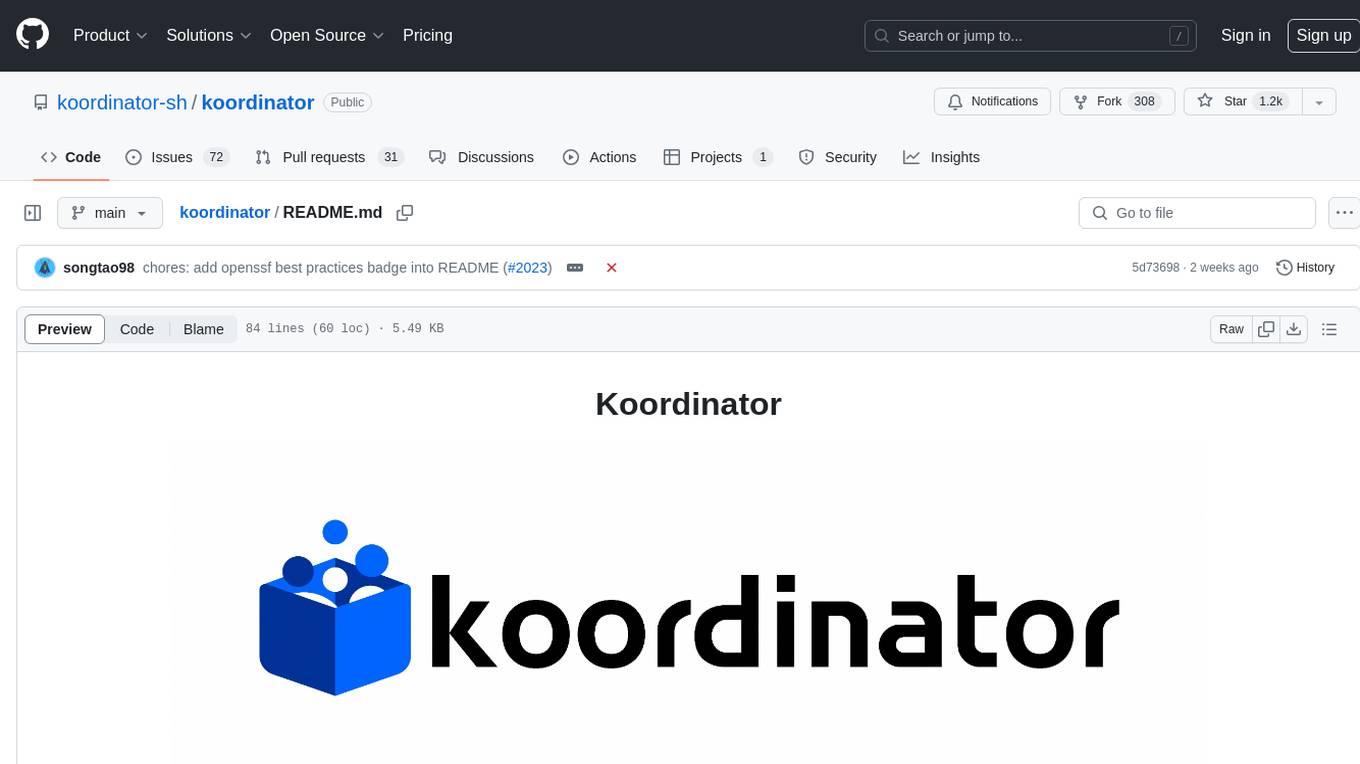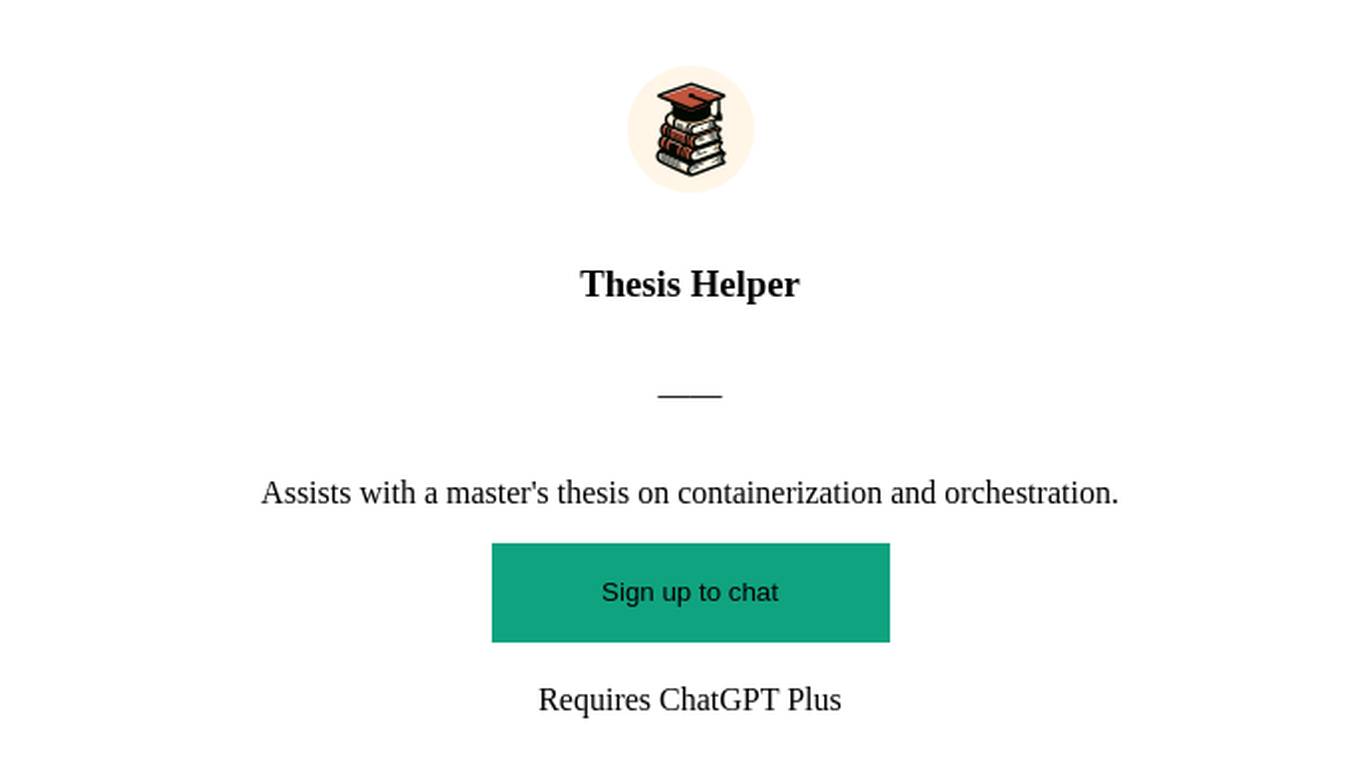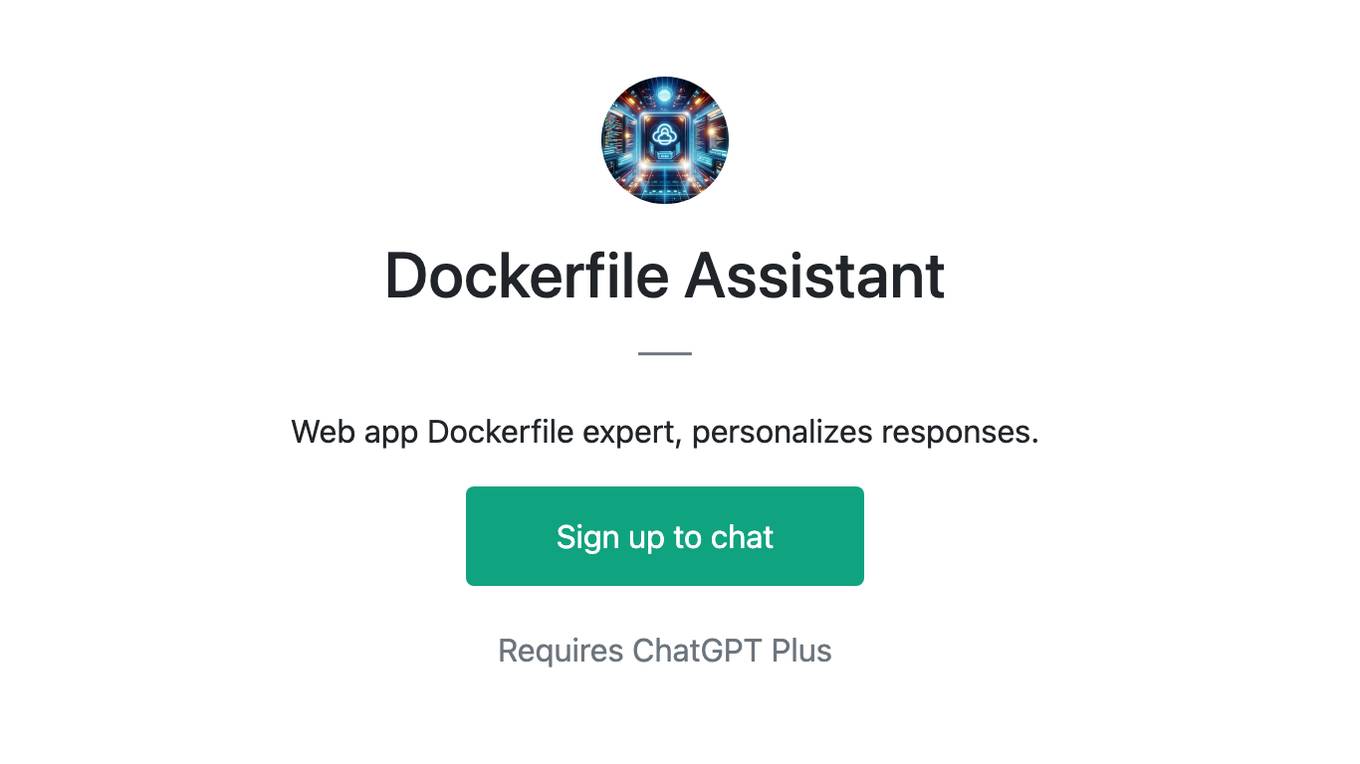Best AI tools for< Containerization Specialist >
Infographic
0 - AI tool Sites
No tools available
1 - Open Source Tools

koordinator
Koordinator is a QoS based scheduling system for hybrid orchestration workloads on Kubernetes. It aims to improve runtime efficiency and reliability of latency sensitive workloads and batch jobs, simplify resource-related configuration tuning, and increase pod deployment density. It enhances Kubernetes user experience by optimizing resource utilization, improving performance, providing flexible scheduling policies, and easy integration into existing clusters.
github
: 1.6k

